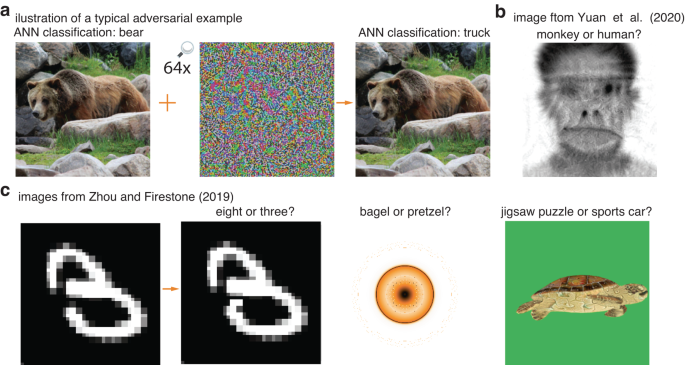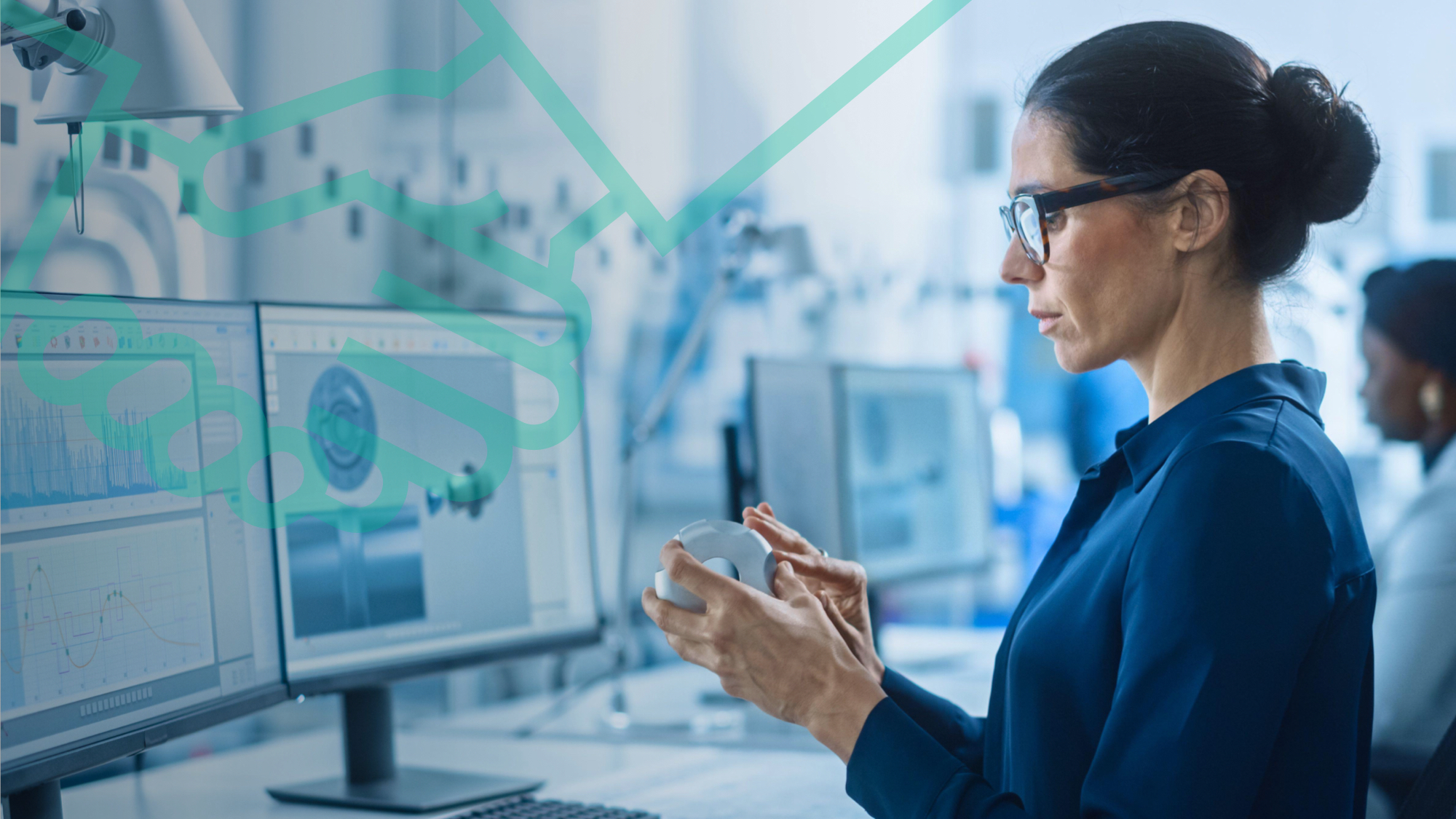This week's advancements in AI
This week's issue dives into some truly transformative AI advancements announced last week. Apple and Microsoft are pushing the boundaries of AI technology. The Turing test may be outdated, as new models can manipulate feelings and beliefs across political, social, and commercial venues. A University of Pennsylvania professor demonstrates how biological systems can improve the speed and reduce costs of running digital neural networks. Plus, get a look at Reid Hoffman's groundbreaking experiment, which might introduce the first true metaverse character—himself.
The Subtle Manipulation by AI
Talk of AI’s role as a helpful assistant is undeniable, but it’s also veering into the realm of subtle manipulation that's often imperceptible. This emerging prowess in influencing decisions and altering perceptions is becoming increasingly sophisticated. For instance, AI can now analyze your facial features to determine your political affiliation and how strong your liberal or conservative beliefs are. This is just from the shape of your face - a capability that might transition from simple market segmentation to a powerful tool for shaping beliefs, leveraging biases in ways we can anticipate, but don’t really seem to have a financial incentive to do so just yet.
Case in point, consider the Putin loving AI Girlfriend, part of a growing ensemble of AI-driven personas designed to mold social narratives under the guise of companionship, endorsing political figures like Putin to sway public opinion subtly and emotionally. Similarly, advanced AI algorithms are crafting restaurant reviews so authentic that they pass the Turing test, blurring the lines between genuine consumer feedback and paid fabricated endorsements or complaints.
If you think you won’t fall victim to these types of implementations then how about an AI crafted in your image, not just echoing your thoughts but pushing boundaries you didn’t even know you had. Reid Hoffman’s venture into AI-driven self-reflection—creating a digital twin to interview himself might just tip the scales of self-help into self-hype. It seems like the first step towards building a metaverse universe only seen on a tv show like Upload.
The catch is, it will be commercialized. Commercializing your AI version wouldn’t be just your average chatbot; it’s you, enhanced with a memory that never fades and an attention to detail that would put your high school librarian to shame. Now, toss in a third party tweaking this digital doppelgänger to subtly champion their own agendas. Suddenly, this AI version of you develops a peculiar obsession with Prime Energy Drink. Before you know it, every pep talk ends with, "And by the way, have you hydrated with Prime today?" It's like having a life coach who's part motivational speaker, part energy drink sales rep, and all you—or at least, almost all you. As the lines blur between genuine self-improvement and slick marketing, you might find yourself wondering whether your new favorite beverage choice was the real deal or just your AI self making a sales pitch.

The Implications of AI on Decision-Making
These capabilities suggest a future where AI doesn't just support decision-making but shapes it, with profound implications for the autonomy of personal and political agency. We’re at a crossroads today. This technological shift should be a wake-up call to the power of AI being used as a tool for social engineering, which again points to a rising need to adopt rigorous ethical frameworks and regulatory measures to manage its expanding influence.
AI's Impact on the Workforce
AI's impact on the workforce is undeniable and accelerating, as demonstrated by companies like Klarna, where AI systems now perform the work of 700 human agents. The CEO of Klarna has openly discussed the dual-edged nature of this advancement—not only does it streamline operations, but it also significantly reduces the need for human labor, highlighting a trend that could lead to widespread job displacement across industries. Dropbox’s CEO has also recently voiced this sentiment. Furthermore, figures like Larry Summers, now a board member at OpenAI, articulate a broader vision where AI could eventually substitute almost all forms of labor, not just the repetitive or mundane. This vision suggests a seismic shift in the employment landscape, necessitating a profound reconsideration of economic structures and workforce strategies. The discussion isn't about if AI will replace jobs, but how society will adapt to this inevitable transformation. Such advancements underscore the urgency for policy innovation that can manage the transition, ensuring that the benefits of AI enhancements are balanced with protections for displaced workers.

Generative AI's Impact on the Workforce
Generative AI's impact on the workforce is undeniable and accelerating, as demonstrated by what’s currently happening in the call center industry. The latest is highlighted in a TechSpot article which details AI's growing call to replace global human labor in call centers as the current reality, signaling a trend that could soon extend across various industries.
The Digital Twin Approach
Digital Twin takes an interdisciplinary approach to lead and drive innovation. It presents a unique opportunity to simulate real-world scenarios and optimize processes in various sectors. The utilization of Digital Twin technology is expected to revolutionize industries and pave the way for more efficient and effective operations.





















